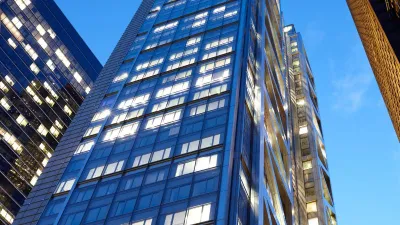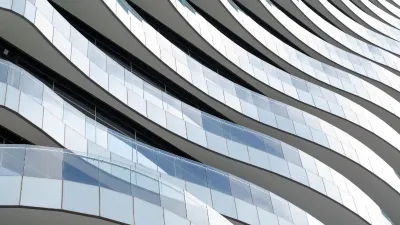Import VAT self-assessment consulting and documentation support for importers and indirect customs representatives.
Import VAT self-assessment services for importers and customs representatives
Handling import VAT under the self-assessment regime allows customs clearance to be performed by the customs authority during the import procedure without paying the import VAT that would otherwise be deductible. Both importers and customs agents providing customs services are at a competitive disadvantage if they do not have a self-assessment permit for import VAT or do not apply this simplification in their import processes.
Who do we recommend our import VAT self-assessment services for?
- importers
- customs agents providing customs services with AEO certification
Import VAT self-assessment services provided by RSM’s customs service line
1. Assessment of import VAT self-assessment eligibility and application for the permit:
We assess whether your company meets the conditions required to obtain the permit and provide full support in submitting the application.
2. Preparation and review of documentation required for customs procedures:
We prepare or review the documents required for customs representation, ensuring their compliance with the effective regulations:
- General agreement on indirect customs representation (in Hungarian and English)
- declaration of the assigned right of deduction for indirect customs clearance (in Hungarian and English)
- Customs clearance mandates/authorisations for indirect customs representation (in Hungarian and English)
- Declaration required for partner verification in an indirect procedure (in Hungarian and English)
- General Terms and Conditions for Customs Services
I am interested in the import VAT self-assessment service
Our services for indirect customs representatives
Internal policy for indirect customs representatives:
Internal policy development for import procedures where import VAT is deducted by the indirect customs representative.
It is essential for indirect customs representatives to establish a detailed internal policy for import VAT self-assessment procedures, with special regard to the regulatory changes effective from 1 March 2025.
According to the new requirements, indirect customs representatives must meet stricter conditions, including partner verification obligations.
Handling import VAT under the self-assessment regime with the involvement of an indirect customs representative is a competitive import procedure, as the deductible VAT does not have to be paid by the importer.
At the same time, this procedural form entails significant risks for customs representatives, and the verification of conditions prescribed by law is the task and responsibility of the customs representative.
To manage these risks, it is indispensable for indirect customs representatives to develop an internal policy that sets out step by step the tasks the customs representative must carry out.
Considering that such services may only be provided by entities holding an AEO licence, the regulation of internal procedures is also essential to maintain the AEO licence.
RSM offers the following services for indirect customs representatives:
- Development of client acceptance processes:
Regulation of the establishment and management of client relationship in accordance with legal requirements. - Review of assignment conditions:
Verification of the lawfulness and compliance of assignment declarations. - Regulation of partner verification processes:
Regular checks on the tax status and reliability of partners, taking into account the criteria set by the Hungarian tax authority. - Documentation of processes and risk management:
Detailed documentation of customs procedures and the definition of necessary measures to minimize risks. - Development of decision-making mechanisms and subsequent review procedures:
Definition of the roles and responsibilities of decision-makers and the development of subsequent review procedures to ensure continuous compliance.
Experts from RSM’s customs service line possess up-to-date knowledge and experience regarding the latest regulatory changes and are ready to support you in the above areas, ensuring smooth and compliant operation for your company.








